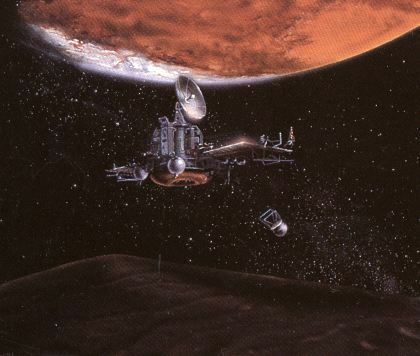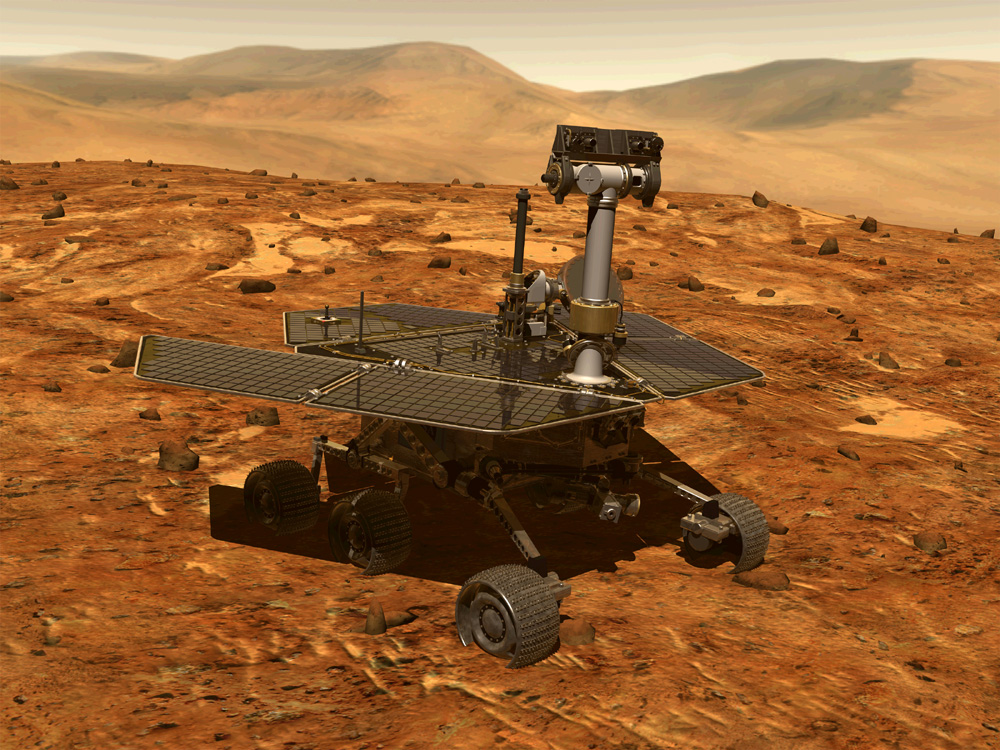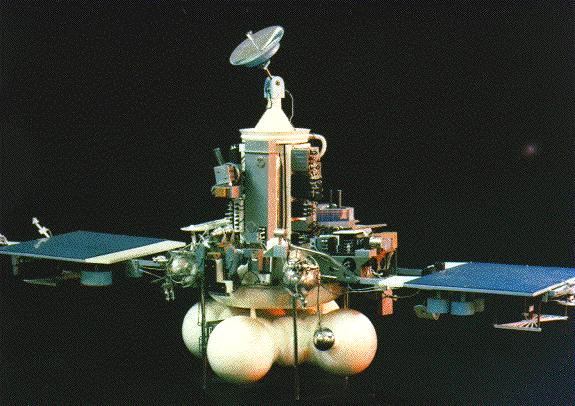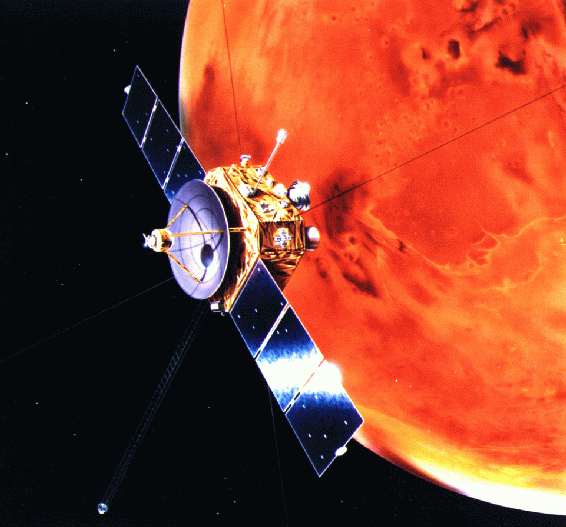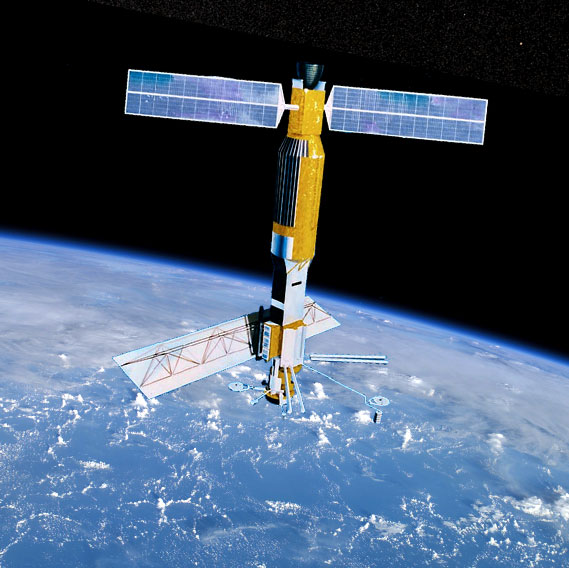Thirty-five years ago today — July 14, 1978 — “the first spacecraft dedicated completely to scientific measurements in an equatorial geostationary orbit” was launched from Cape Canaveral on a Thor Delta rocket.

(A GEOS satellite in a test chamber. Image from the “Earth Observation Portal.”)
Called GEOstationary Scientific Satellite 2, it was identical to a previous version that ended up in the wrong orbit. Built by the European Space Agency and instrumented primarily to measure Earth’s magnetic field, GEOS 2 was originally a back-up satellite. Once on orbit, according to the Earth Observation Portal, GEOS 2 “provided two years of data, was placed in hibernation for eight months, then [was] revived for eight months in 1981” to support upper atmospheric studies. After those studies, it continued to operate through 1983.




